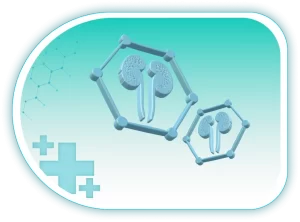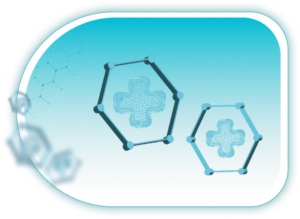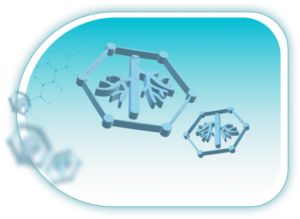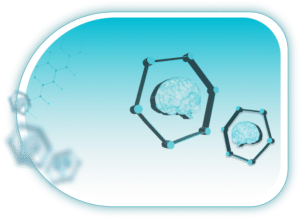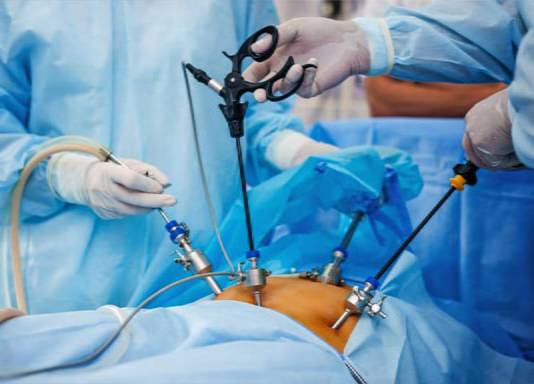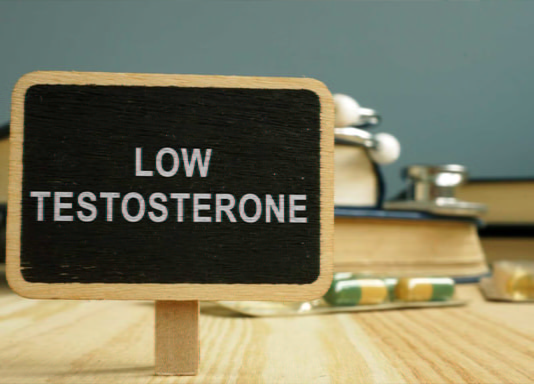In the tapestry of men’s health, the topic of male infertility is a profound and often overlooked thread. Infertility is not solely a concern of women; it affects men too, silently casting its shadow on the dreams of starting a family. This comprehensive blog aims to shed light on male infertility, navigating the complex terrain of diagnosis, unravelling the multifaceted causes, and exploring the diverse treatment approaches available.
The Complexity of Male Infertility
Decoding Male Infertility:
Male infertility is a condition where a man faces difficulty in impregnating his partner despite regular unprotected intercourse. It’s a delicate subject that encompasses various factors, from sperm production to delivery. Understanding the complexity of male infertility involves delving into the intricate workings of the male reproductive system.
Diagnosing Male Infertility:
- Semen Analysis:
- A cornerstone in male fertility assessment, semen analysis evaluates the quantity and quality of sperm.
- Interpretation of results and what different parameters signify.
- Hormonal Tests:
- Assessing hormone levels, including testosterone, follicle-stimulating hormone (FSH), and luteinizing hormone (LH).
- Identifying hormonal imbalances that may impact fertility.
- Genetic Testing:
- Exploring genetic factors that could contribute to infertility.
- Understanding the role of genetic testing in uncovering hereditary causes.
- Imaging Studies:
- Utilizing imaging techniques such as ultrasound to examine the reproductive organs.
- Detecting structural abnormalities that might hinder fertility.
The Intricacies of Male Infertility Causes
Physical Factors:
- Varicocele:
- The most common reversible cause of male infertility.
- Exploring the link between varicocele and impaired sperm production.
- Obstruction or Blockages:
- Blockages in the reproductive tract hindering the release of sperm.
- Potential causes and available treatment options.
- Undescended Testicles (Cryptorchidism):
- Examining the impact of testicles that have not descended into the scrotum.
- Long-term effects on fertility and potential corrective measures.
Health and Lifestyle Factors:
- Smoking and Substance Abuse:
- The impact of smoking and substance abuse on sperm quality.
- Strategies for quitting and improving fertility.
- Alcohol Consumption:
- The correlation between alcohol intake and fertility.
- Moderate drinking versus excessive alcohol consumption.
- Obesity:
- How excess weight can affect fertility.
- Adopting a healthy lifestyle for improved reproductive health.
Medical Conditions:
- Sexually Transmitted Infections (STIs):
- The role of STIs in causing infertility.
- Importance of early detection and treatment.
- Diabetes:
- The influence of diabetes on fertility.
- Managing diabetes to mitigate its impact on reproductive health.
- Cancer and its Treatments:
- The impact of cancer and certain treatments on male fertility.
- Fertility preservation options for men diagnosed with cancer.
Treatment Approaches for Male Infertility
Lifestyle Modifications:
- Nutrition and Diet:
- The importance of a balanced diet rich in vitamins and antioxidants.
- Specific nutrients that support sperm health.
- Exercise and Weight Management:
- The role of regular physical activity in improving fertility.
- Achieving and maintaining a healthy weight for optimal reproductive function.
- Stress Management:
- Exploring the connection between stress and male fertility.
- Techniques for stress reduction and their potential impact on fertility.
Medical Interventions:
- Varicocele Repair:
- Surgical options for treating varicocele and improving sperm quality.
- Considerations and potential outcomes.
- Assisted Reproductive Techniques (ART):
- In vitro fertilization (IVF) and intracytoplasmic sperm injection (ICSI) as options for male infertility.
- How these techniques assist in overcoming fertility challenges.
- Testicular Sperm Extraction (TESE):
- A surgical procedure to retrieve sperm directly from the testicle.
- Applications in cases of obstructive azoospermia.
Hormonal Treatments:
- Testosterone Replacement Therapy:
- Addressing hormonal imbalances with testosterone supplementation.
- Considerations and potential risks.
- Clomiphene Citrate:
- Stimulating the production of testosterone and improving sperm count.
- Effectiveness and possible side effects.
Advanced Treatment Options:
- Sperm Retrieval Techniques:
- Surgical methods to retrieve sperm for assisted reproduction.
- Application in cases of obstructive azoospermia.
- Innovative Therapies:
- Emerging therapies and research in the field of male infertility.
- The potential impact of advanced treatments on future fertility options.
Emotional and Psychological Aspects
Coping with Male Infertility:
- Open Communication:
- Nurturing a culture of open communication between partners.
- The importance of mutual support and understanding.
- Counselling and Support Groups:
- Seeking professional counselling to navigate the emotional challenges of infertility.
- The benefits of joining support groups for shared experiences.
- Impact on Relationships:
- Exploring how male infertility can impact relationships.
- Strategies for maintaining a strong emotional connection during fertility treatments.
Section 5: Fertility Preservation and Future Options
Fertility Preservation:
- Sperm Banking:
- The process of preserving sperm for future use.
- Considerations for men facing medical treatments that may affect fertility.
- Advancements in Reproductive Medicine:
- Overview of ongoing research and potential breakthroughs in male fertility.
- The hope for future treatment options.
In the symphony of male infertility, the diagnosis causes, and treatment approaches compose a multifaceted narrative. Understanding male infertility is not just a medical endeavour; it’s a deeply human experience that requires compassion, empathy, and a holistic approach. By navigating the intricate terrain of diagnosis, unravelling the causes, and exploring treatment approaches, couples can embark on a journey towards fulfilling their dreams of parenthood. Remember, in the world of male infertility, each step is not just a medical procedure; it’s a leap towards hope, resilience, and the possibility of a new beginning. The quest for parenthood is not a solitary journey; it’s a collective endeavour that involves science, emotions, and unwavering support.

